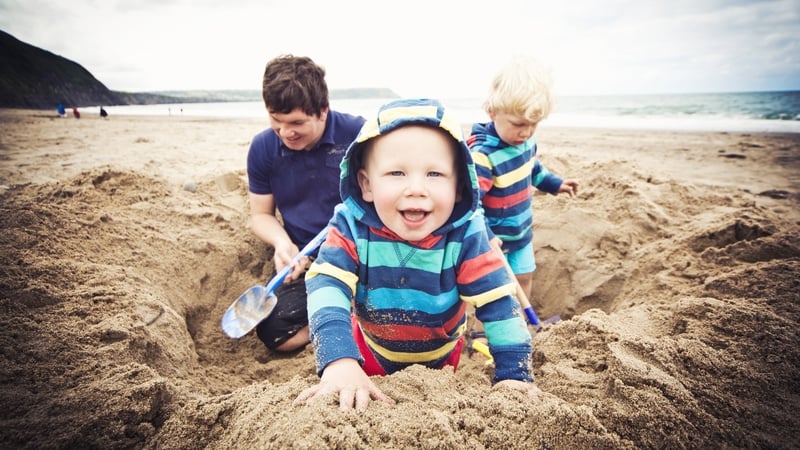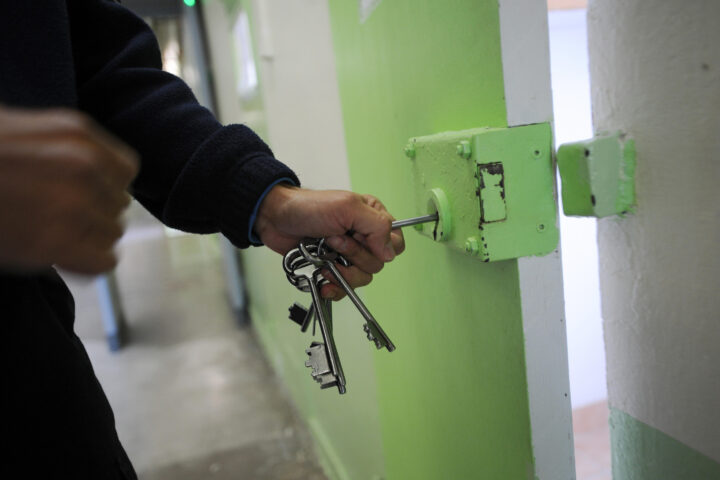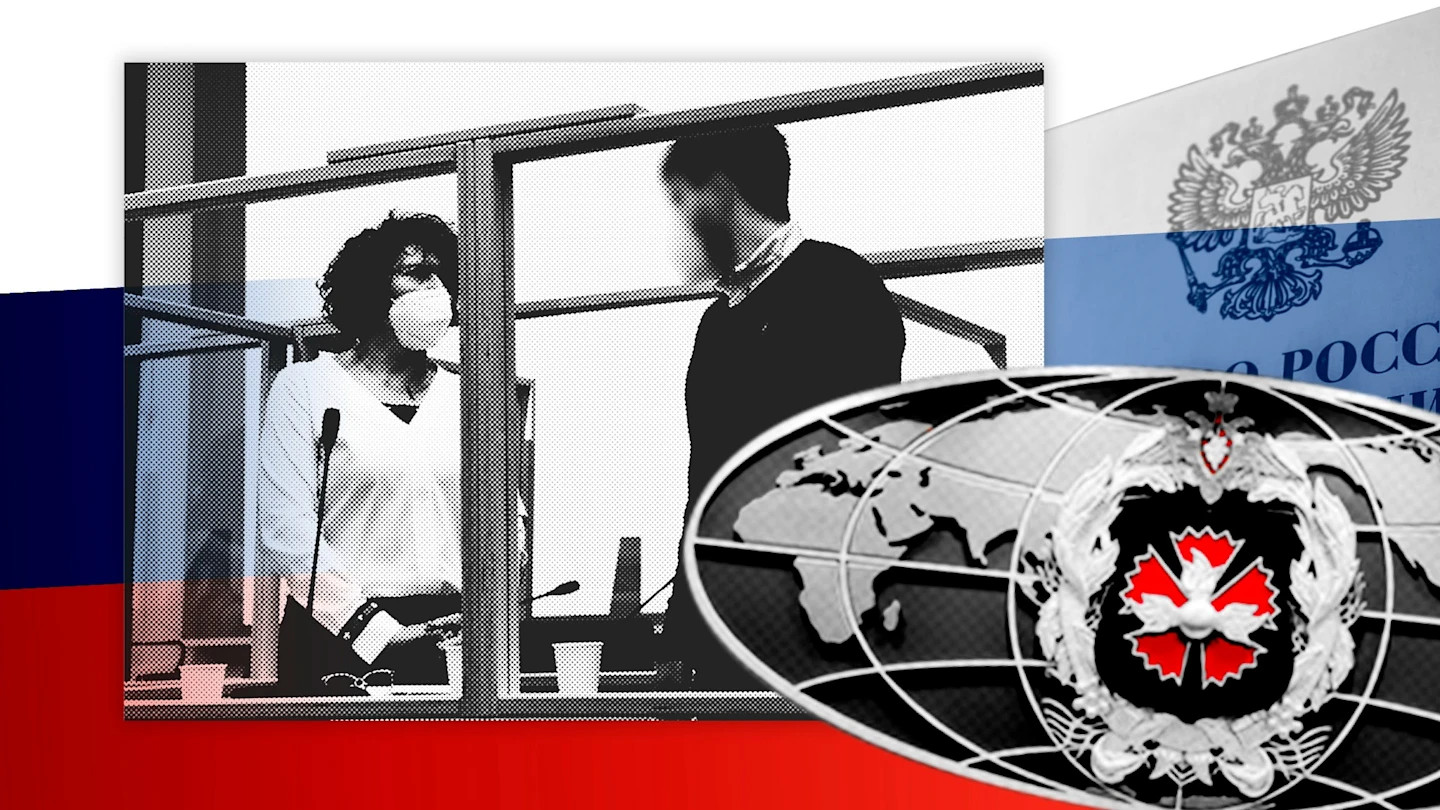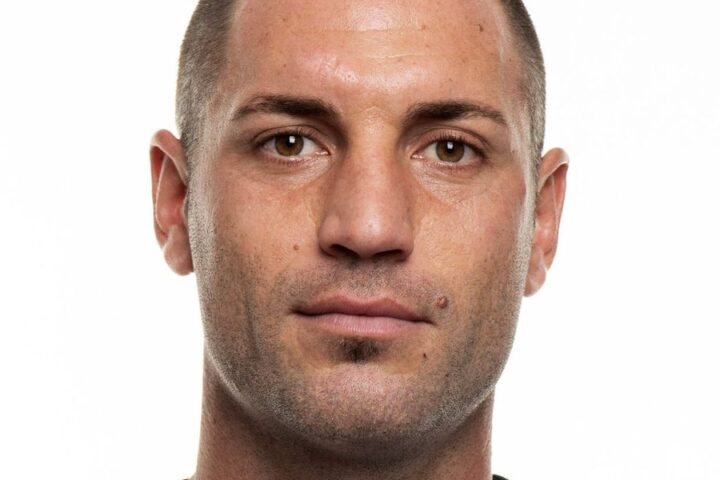Analysis: When research focuses just on mothers, fathers’ voices and the chance to build more balanced parenting supports and policies get lost
Gender stereotypes and, consequently, parenting roles are constantly evolving. It is no longer uncommon to see dads in charge of family dinners or handling the drop-off and pick-up from crèche. In modern-day Ireland, dads are no longer considered the breadwinners of a family, whose childcare responsibilities are solely financial.
The recent State of the World’s Fathers Survey, which interviewed 232 fathers across Ireland, reflects this rewiring of traditional family structures. 86% of interviewed fathers stated they feel as responsible for care work as their partners. 65% said they would give up career opportunities for their children. 84% of fathers viewed caring for their children as the most important thing in their life. Although the report also showed that women still bear most of the carework within families, it is evident that fathers spend more and more time with their kids.
But despite this diversity within parenting roles, policies and research for families have not caught up with these evolving family structures. Early research studies on parenting that led to the development of attachment theory, for example, focused exclusively on mothers as the primary caregiver, suggesting that fathers are only secondary to mothers.
Although other studies quickly showed that fathers are equally forming attachments to their children, subsequent parenting research up to today has followed suit. Despite repeated calls for an increased focus on the paternal role in children’s lives, studies still primarily recruit mothers but not fathers into their research.
In our work at the UCD Babylab, we are aiming to proportionally represent fathers in our research, yet have encountered similar difficulties as previous studies in recruiting a balanced sample of parents. For example, in our recent online survey on toddlerhood, we received 407 responses from parents across the island of Ireland, yet only five responses from fathers.
This view of parenting within a large majority of studies has biased much of what we know today about children‘s development, which, in turn, has further implications for policies and programs for families. When research focuses just on mothers, fathers’ voices get lost – and with them, the chance to build more balanced parenting supports and policies.
For instance, in response to the pandemic, maternity wards were quick to revert to the traditional perspective of the primary/secondary caregiver divide, in their policies to classify fathers as “visitors”, with only limited access to their child during the birth and postpartum period. While support for mothers during pregnancy and early parenthood is essential, this imbalance could leave fathers feeling unsure of where they fit in.
One organisation that seeks to support men in their role as fathers is From Lads to Dads. It seeks to provide practical guidance, emotional support, and a sense of community for new and expectant fathers transitioning into parenthood. “We see men who want to be present, involved dads,” founder Dave Saunders explains. “Yet, when they look for help, they often find that existing services aren’t quite designed with them in mind. They just need someone to meet them where they are. To be seen, heard, and supported in a non-judgmental environment tailored to their needs.”
Research on the parenting experiences of fathers mirrors Saunders’ practical insights. Paternal involvement early in children’s lives has been shown to be consistently related to their cognitive, socio-emotional and behavioural developmental outcomes. When included early on, dads can build stronger bonds with their children, feel confident in their parenting, and become connected, equal partners. Other research has found that support for fathers in the early months, such as the programs offered by From Lads to Dads, can have a significant impact on men to feel more equipped and engaged (not just present) as fathers.
One area, often overlooked in current interventions, is that fathers, too, can experience postnatal depression or birth trauma, experiences that can leave them feeling overwhelmed, isolated, or emotionally shut down. In response, From Lads to Dads is developing a dedicated therapeutic service to support fathers’ mental health during the perinatal period.
According to Saunders, “this program is structured around counselling, peer-led support, and welcoming spaces where dads can talk openly, feel understood, and begin to process their experiences”. Ultimately, the goal is to make supports like these more accessible and integrated into everyday services, so no father is left feeling isolated or unprepared in their new responsibilities as a parent.
To truly support families, we must ensure fathers are supported too
That starts with recognising the changing role of fathers within families by research, clinical and community services. This means involving fathers in appointments, designing antenatal classes with them in mind and offering mental health support that acknowledges their unique experiences.
It means reaching out to fathers to participate in research to inform more inclusive policies and practices that support the whole family unit. However, it also means shifting the culture around fatherhood – breaking down stigma, making space for men to speak up, and showing that asking for help is okay – because when dads are supported, the whole family benefits.














